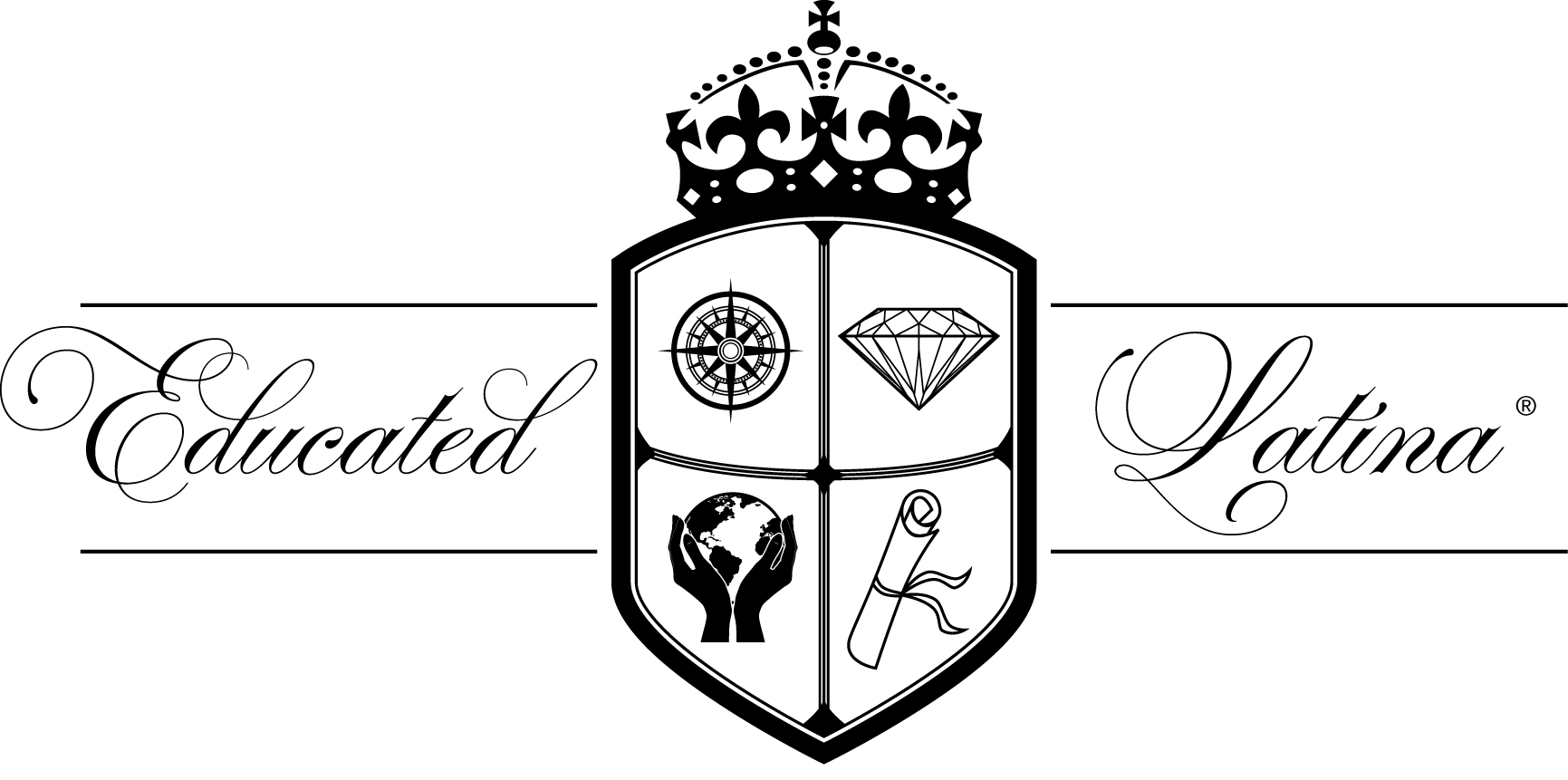My Guidance Counselor Discouraged Me but I Succeeded Anyway.
I like to think that I don’t have any..
Continue Reading
One of the challenges I have faced as a Latina student in higher education has been building confidence and courage to speak up for myself and share my ideas and passions with others, no matter what the audience or situation. Despite my extensive experiences in leadership positions, organizing events, and a variety of public speaking functions before veterinary school, there are times I still hesitate to express my viewpoints among my classmates and other professional contexts. A recent experience this past week at UPenn challenged me to revisit this challenge, and I wanted to share with you the lessons I learned.
I am naturally an introvert and I often listen patiently to others’ viewpoints in a conversation before sharing my own thoughts. I am not eager to be the first to speak or speak for the sake of speaking. This has never stopped me from participating in leadership trainings or opportunities to learn a new skill, although these activities can often be dominated by more extrovert personalities. I believe leadership begins with leading by example and actions first.
However, after a number of experiences in veterinary school, I’ve realized that there is an aspect of self-doubt I experience in expressing myself that goes beyond my natural introvert personality and leadership style. I realize how aware I am of being one of the only Latina students from a low-income family in my program. I am often very aware that I am surrounded by predominantly Caucasian peers with many professionals in their families. This experience becomes more common the higher up the educational ladder you reach as a minority student.
Recently, I had the opportunity to attend a one-day lobbying and policy leadership experience held in Harrisburg, Pennsylvania, the state’s capital, with a small group of UPenn vet students. The goal of the program was to learn how to actively participate in lobbying public officials and better understand the way in which policy impacts the veterinary profession. My interests in community service and education drew me to apply to be part of this experience, and I felt very fortunate to have been selected. We gained amazing insight into how the government works at the state and national level and I am eager to apply this knowledge in the future to other issues I care greatly about. However, on a deeper level, the experience also taught me
My interests in community service and education drew me to apply to be part of this experience, and I felt very fortunate to have been selected. We gained amazing insight into how the government works at the state and national level and I am eager to apply this knowledge in the future to other issues I care greatly about. However, on a deeper level, the experience also taught me lot about myself and the interpersonal dynamics that are common in politics, higher education, and leadership in the United States.
The central part of our day was meeting together with my fellow classmates and public officials in the state legislature to discuss veterinary policy issues. During the experience, I was impressed with my classmates’ sense of comfort and confidence in interacting with each other, legislative staff members, and the policymakers themselves. They were able to clearly convey their thoughts and advocate their positions in the seemingly intimidating situation. Although I contributed to the conversation several times, I was relatively “quiet” in comparison to the three other female vet students I was with.
Traveling to the state capital together, I learned more about my classmates and their backgrounds, which included being Caucasian and coming from higher-income socioeconomic families (for example, one of the students’ parent was a medical doctor!). I couldn’t help feeling a bit out of place and in a different mindset than my peers.
I was bothered by the way in which I did not feel comfortable enough to speak up more confidently in the meeting with the policymaker and in the presence of my classmates. It was hard to separate whether my classmates simply had more extroverted personalities than me, or whether they had a body of experiences behind them that made them comfortable and confident in a setting that in many ways represented privilege and power. Either way, it troubled me that other students who are natural introverts or who identify as a minority in any way may have trouble finding their voices in such situations.
Please read Part 2 to learn about what happened when we returned to campus and the lessons I learned that can help you find your own voice!
0 comments